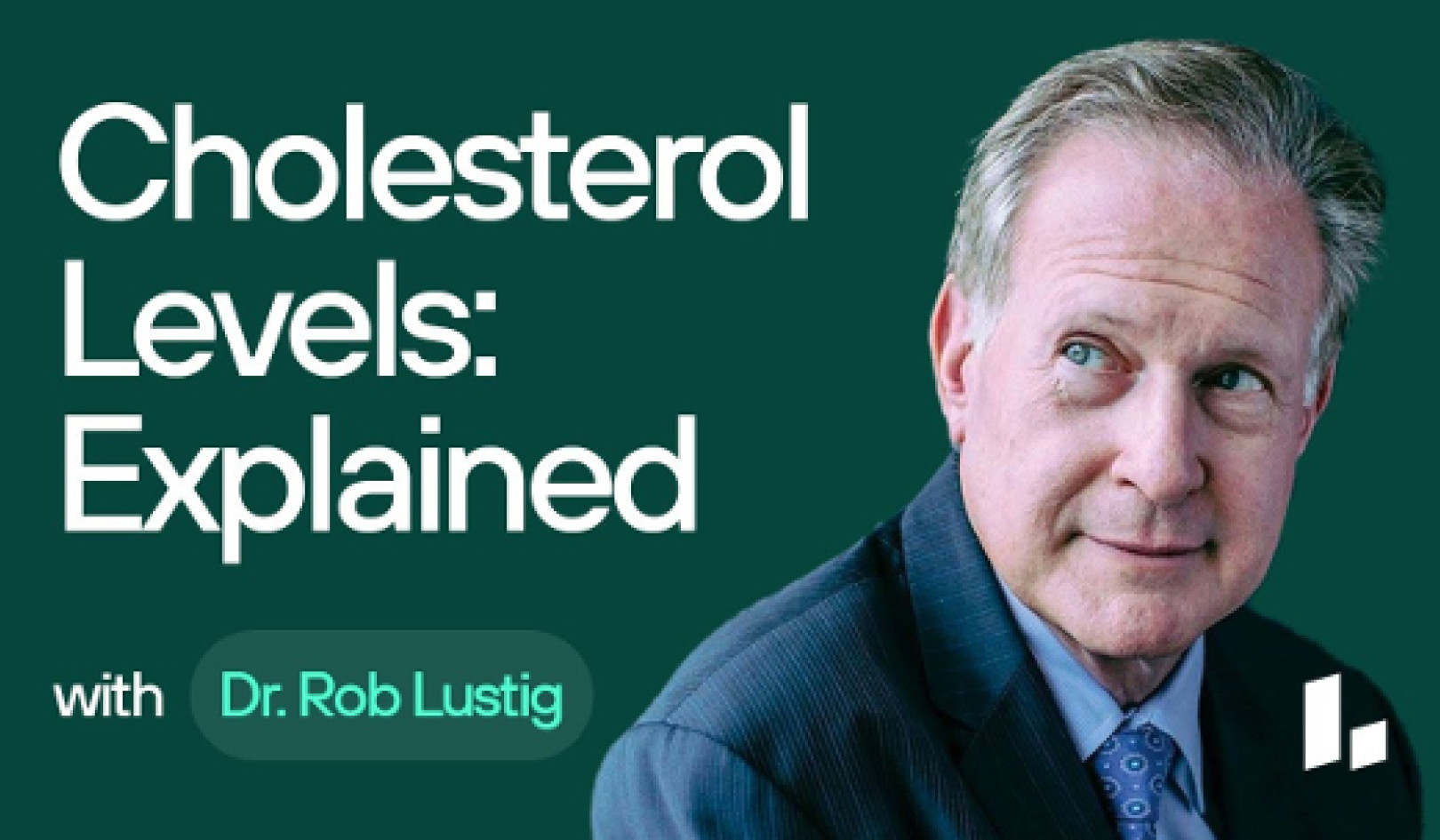
Practicing mindfulness focused on healthy eating can be good for the heart because it improves self-awareness and helps people stick to a heart-healthy diet, new research shows.
The study found that when people with elevated blood pressure participated in an eight-week mindfulness-based blood pressure reduction program, they significantly improved their scores on measures of self-awareness and adherence to a heart-healthy diet compared to a control group.
The results are published in JAMA Network Open.
“Participants in the program showed significant improvement in adherence to a heart-healthy diet, which is one of the biggest drivers of blood pressure, as well as significant improvements in self-awareness, which appears to influence healthy eating habits,” says lead author Eric B. Loucks, an associate professor of epidemiology, behavioral and social sciences, and director of the Mindfulness Center at Brown University.
The study helps explain the mechanism by which a customized mindfulness training program adapted toward improving diet can affect blood pressure, Loucks says.
“Improvements in our self-awareness of how different foods make us feel, of how our body feels in general, as well as our thoughts, emotions, and physical sensations around eating healthy as well as unhealthy food, can influence people’s dietary choices,” he says.
Mindfulness focused on the heart
High blood pressure, a major cause of cardiovascular disease, is the single most important risk factor for early death worldwide, according to a recent World Health Organization report, leading to an estimated 10.8 million avoidable deaths every year. The important thing to note about those avoidable deaths, Loucks says, is that there is ample research supporting effective strategies to control and prevent hypertension.
“Almost everyone has the power to control blood pressure through changes in diet and physical activity, adherence to antihypertensive medications, minimizing alcohol intake, and monitoring stress reactivity,” he says.
The mindfulness-based blood pressure reduction program used in the study, which Loucks developed in 2014, trains participants in skills such as meditation, yoga, self-awareness, attention control, and emotion regulation. What makes the program unique, he says, is that participants learn how to direct those skills toward behaviors known to lower blood pressure.
The MB-BP plan consisted of a group orientation session, eight 2.5-hour weekly group sessions, and one day-long retreat, as well as recommended home practice for 45 minutes, six days a week. Trained instructors with expertise in cardiovascular disease etiology, treatment, and prevention led the program. Classes were held in Providence, Rhode Island at Brown University and at a health center in a lower-income, urban neighborhood.
The study compared two groups, totaling 201 participants. The 101 people in the test group were a part of the 8-week MB-BP program, which included personalized feedback and education about hypertension risk factors; mindfulness training of participants in relationship to hypertension risk factors (including mindful eating); and behavior change support.
The “usual care” control group received educational brochures on controlling high blood pressure. Both groups received a home blood-pressure monitoring device with usage training, and options for referral to primary care physicians.
Sensing body signals
The researchers focused on participant adherence to the DASH (Dietary Approaches to Stop Hypertension) program, a balanced eating plan rich in fruits, vegetables, whole grains, and low-fat dairy, intended to create a heart-healthy eating style for life. Despite its effectiveness, adherence to the DASH diet is typically low.
After six months, the mindfulness group showed a 0.34-point improvement in the DASH diet score. Loucks explains that this effect can be interpreted as equivalent for a participant shifting from a vegetable intake approaching recommended levels (2-3 servings) to recommended levels (at least 4 servings), or making similar shifts across another component of the DASH score. The control group showed a -0.04-point change in DASH diet score.
The mindfulness group also showed a 0.71-point improvement in the average interoceptive awareness (which is the process of sensing and interpreting signals from one’s own body) score compared to six months prior, which outperformed the control group by a significant 0.54 points.
The authors say the trial results offer evidence that an adapted mindfulness training program for participants with high blood pressure that targets diet and self-awareness significantly improves both.
“The program gives participants the tools to make heart-healthy diet changes that can lower their blood pressure and decrease their risk of cardiovascular disease,” Loucks says.
The researchers are studying different “doses” of the program (for example, shorter program lengths, fewer sessions), as well as factors influencing the implementation of the MB-BP plan in a real-world setting—including eligibility for health insurance coverage, accessibility for different patient groups, and flexibility for physicians.
The National Institutes of Health Science of Behavior Change Common Fund Program through an award administered by the National Center for Complementary and Integrative Health supported the work.

Related Books:
Salt, Fat, Acid, Heat: Mastering the Elements of Good Cooking
by Samin Nosrat and Wendy MacNaughton
This book offers a comprehensive guide to cooking, focusing on the four elements of salt, fat, acid, and heat and offering insights and techniques for creating delicious and well-balanced meals.
Click for more info or to order
The Skinnytaste Cookbook: Light on Calories, Big on Flavor
by Gina Homolka
This cookbook offers a collection of healthy and delicious recipes, focusing on fresh ingredients and bold flavors.
Click for more info or to order
Food Fix: How to Save Our Health, Our Economy, Our Communities, and Our Planet--One Bite at a Time
by Dr. Mark Hyman
This book explores the links between food, health, and the environment, offering insights and strategies for creating a healthier and more sustainable food system.
Click for more info or to order
The Barefoot Contessa Cookbook: Secrets from the East Hampton Specialty Food Store for Simple Entertaining
by Ina Garten
This cookbook offers a collection of classic and elegant recipes from the beloved Barefoot Contessa, focusing on fresh ingredients and simple preparation.
Click for more info or to order
How to Cook Everything: The Basics
by Mark Bittman
This cookbook offers a comprehensive guide to cooking basics, covering everything from knife skills to basic techniques and offering a collection of simple and delicious recipes.





















